The Value of Church Records in Family History
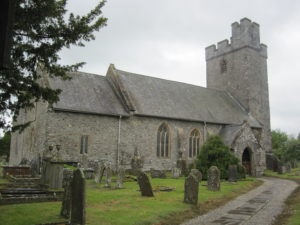 One of the most rewarding things about doing family history research is the things you can actually discover from all kinds of records. The facts recorded in birth, marriage, and death records on one family can really paint a picture of what life was like for those who have gone before. Some call it “putting the flesh on the bones” when we can acquire information that goes beyond names, dates, and places. It is then when we begin to know and care for our ancestors and learn from them.
One of the most rewarding things about doing family history research is the things you can actually discover from all kinds of records. The facts recorded in birth, marriage, and death records on one family can really paint a picture of what life was like for those who have gone before. Some call it “putting the flesh on the bones” when we can acquire information that goes beyond names, dates, and places. It is then when we begin to know and care for our ancestors and learn from them.
Since we always begin with what we know when researching, if you live in the United States you need to know that vital records in most of the states did not begin until the early 1900s. The exception to that is some of the New England states. In most countries in the world, church records began long before any civil records were required. In many of those countries, state churches were required to keep track of the population and each little church reported they vital events to a central church authority There were a few state churches in the United States early in our history, but in 1787 the Constitution separated the powers of church and state. Since then each church has created and kept their own variety of records. Some are very willing to share them with you.
One time my husband and I took a trip to Sacramento California where I was born. We visited Trinity Lutheran Church where I was baptized as an infant. The minister was there and he was very willing to look in the baptismal records and find the date for me. It took only a few minutes to find the information on my baptismal record which included the date, my full name and those of my parents and my Godparents who were my aunt and uncle. Church records hold a great deal of pertinent information when we are seeking information about a person or a family. The Family History Guide links you to information about church records for many places throughout the world. The Countries dropdown menu on the Homepage will guide you to the specific information you will need to find these records in various localities. See United States Project 9 for specific help and historical information about the US church records.
When seeking church records it is important to determine locality, the denomination or the church your ancestors attended. The Family History Guide will lead you to that information by looking at the Individual Countries Pages. Along with church records, you can often also find cemetery records. As I have been studying the church records for various localities where my ancestors lived in the Family History Guide, I have been so impressed with everything that is included in these pages. We went to Wales in 2015 and I would have been so happy to have all the information I found in the Family History Guide before we went. That trip was one year before The Family History Guide was launched. Take a look at the Wales page in the link above. There you will be able to see the formatting and see the value of these country pages. See the QUIKLinks for Wales, near the top of the page, that connect you to Family Search, Ancestry, My Heritage, Find My Past, the Family Search WIki and more. One of the things I like about the FS Wiki is that it tells you what record collections are online with a big, hard to miss, blue button. Talk about a time saver! Keep in mind though that records are being added by more than a million per day on FS alone. So check back on the Wiki Online Records button for updates on new collections from time to time.
Goal 4 Choices A&B will tell you just about all you need to know about churches and cemeteries in Wales to get started with these records. Notice at the bottom of this Goal 4 page, there are links to all the counties in Wales, with great information on each one. It would have saved me countless hours of research and given me so much more than I found on my own. There are so many hot links to all kinds of information. If you click on the beautiful banner photo at the top of each country page, you will discover you are taken to Wikipedia for that country. If this doesn’t make family history easier, more efficient and so much more enjoyable, I don’t know what does.
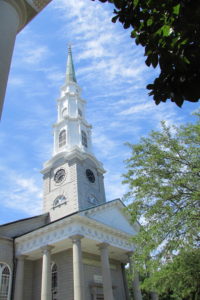 I have found that church records in The United States, Wales, England, Sweden, and Italy have produced some of the most poignant, important, satisfying, and rewarding experiences I have had in doing my family history. As beginners, sometimes we shy away from the records that seem more difficult to find. Going beyond the census records is important. With The Family History Guide, all kinds of adventures are opened up for us and there are great treasures to be found about our ancestors in them.
I have found that church records in The United States, Wales, England, Sweden, and Italy have produced some of the most poignant, important, satisfying, and rewarding experiences I have had in doing my family history. As beginners, sometimes we shy away from the records that seem more difficult to find. Going beyond the census records is important. With The Family History Guide, all kinds of adventures are opened up for us and there are great treasures to be found about our ancestors in them.
We talk about the three Es of the Family History Guide’s mission statement. I think another E could be added. Not only does The Family History Guide make family history Easier, more Efficient and more Enjoyable, but also more Exciting. Here are a few more E words that I like to associate with The Family History Guide. You have to Explore and Experiment by doing something. Essentially, you have to open The Family History Guide and put your hands on it. Reading or hearing is not enough. Let working in the Family History Guide bring you the Encouragement you’ll need to start and keep going on this wonderful, life-long journey!


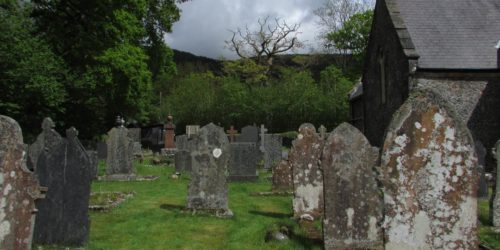

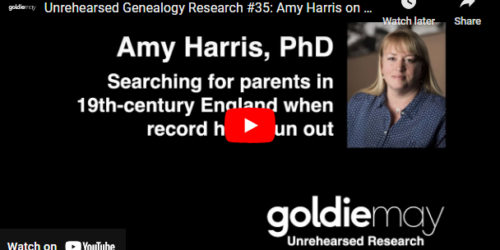
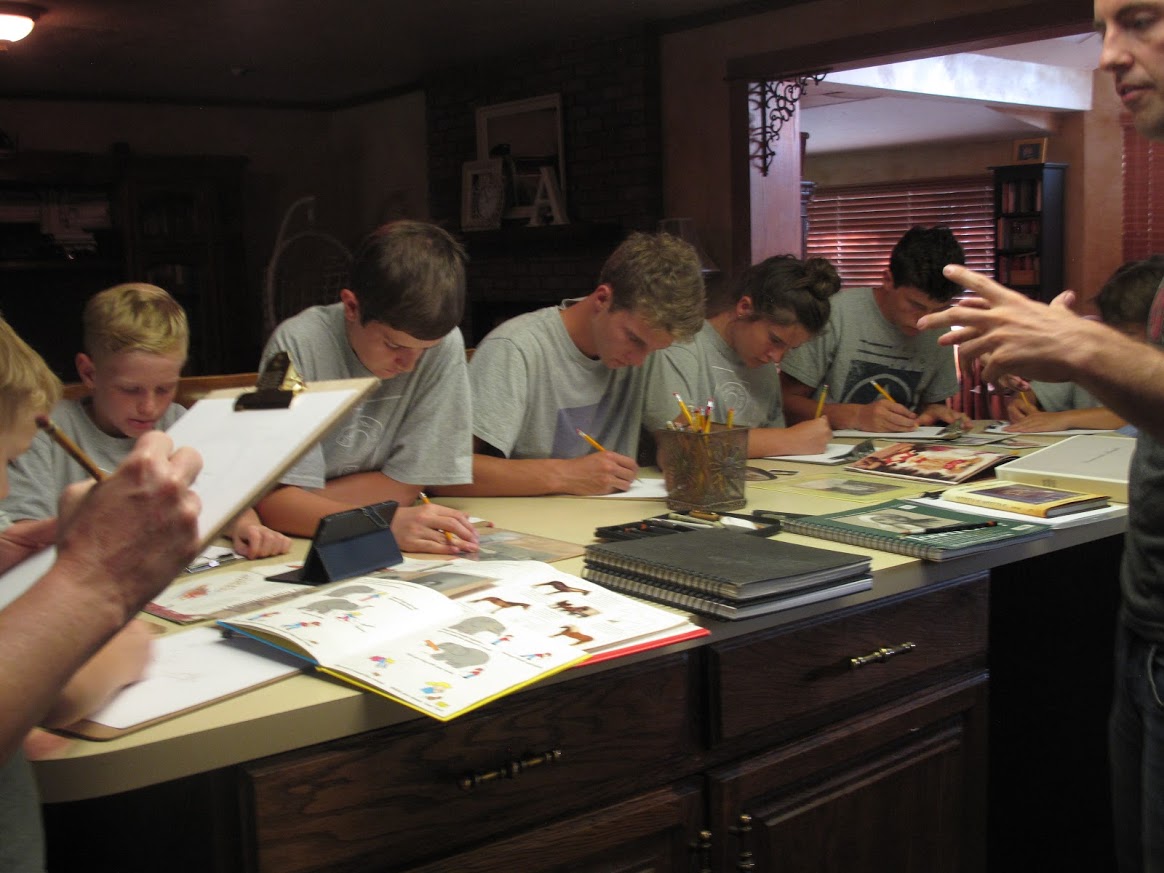
Wonderful info
Our family history director brought your info to us. We look forward to learning more. This is especially helpful to me as my husband was the first generation American
He has past and I realty need help. One country is Italy. But the other is German via Russia
Thank you
Thanks, Delores. The Country pages (https://www.thefhguide.com/countries.html) in The Family History Guide should be useful for your research. Wishing you the best!
Delores, I am so glad you enjoyed it and that ti will help you a lot. I had fun writing it. The Family History Guide is a very wonderful tool! Spread the word and thanks again!